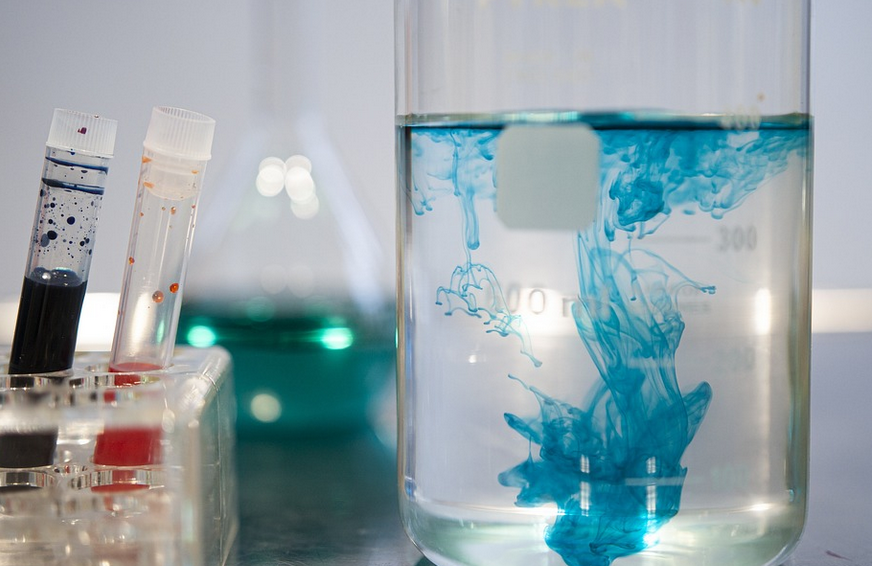Introduction
Copper sulfate is a common chemical used in various industries, including agriculture, mining, and manufacturing. While it has many useful applications, it can also be dangerous if not handled properly. In this article, we will discuss the safety precautions you need to take when working with copper sulfate.
What is Copper Sulfate?
Copper sulfate is a blue crystal that is soluble in water. It is commonly used as a fungicide, herbicide, and pesticide. It is also used in the manufacturing of copper fungicides, insecticides, and wood preservatives.
Safety Precautions
1. Personal Protective Equipment
The first and most important safety precaution when working with copper sulfate is to wear personal protective equipment (PPE). This includes gloves, goggles, and a respirator. Copper sulfate can cause skin and eye irritation, and inhalation can cause respiratory problems.
2. Proper Storage
Copper sulfate should be stored in a cool, dry, and well-ventilated area. It should be kept away from heat sources and incompatible materials, such as acids, bases, and organic materials.
3. Handling and Mixing
When handling and mixing copper sulfate, it is important to follow the manufacturer’s instructions. Never mix copper sulfate with other chemicals unless instructed to do so. Always add copper sulfate to water, not the other way around.
4. Disposal
Copper sulfate should never be disposed of in the trash or poured down the drain. It should be disposed of according to local regulations. Contact your local waste management agency for guidance on proper disposal methods.
5. First Aid
If you come into contact with copper sulfate, immediately flush the affected area with water for at least 15 minutes. If copper sulfate gets into your eyes, flush them with water for at least 20 minutes and seek medical attention immediately. If you inhale copper sulfate, move to an area with fresh air and seek medical attention.
Conclusion
Copper sulfate can be a useful chemical, but it is important to take the necessary precautions when working with it. Follow the safety guidelines outlined in this article to protect yourself and those around you. Always remember to wear personal protective equipment, store copper sulfate properly, handle and mix it with care, dispose of it properly, and seek medical attention if necessary.

